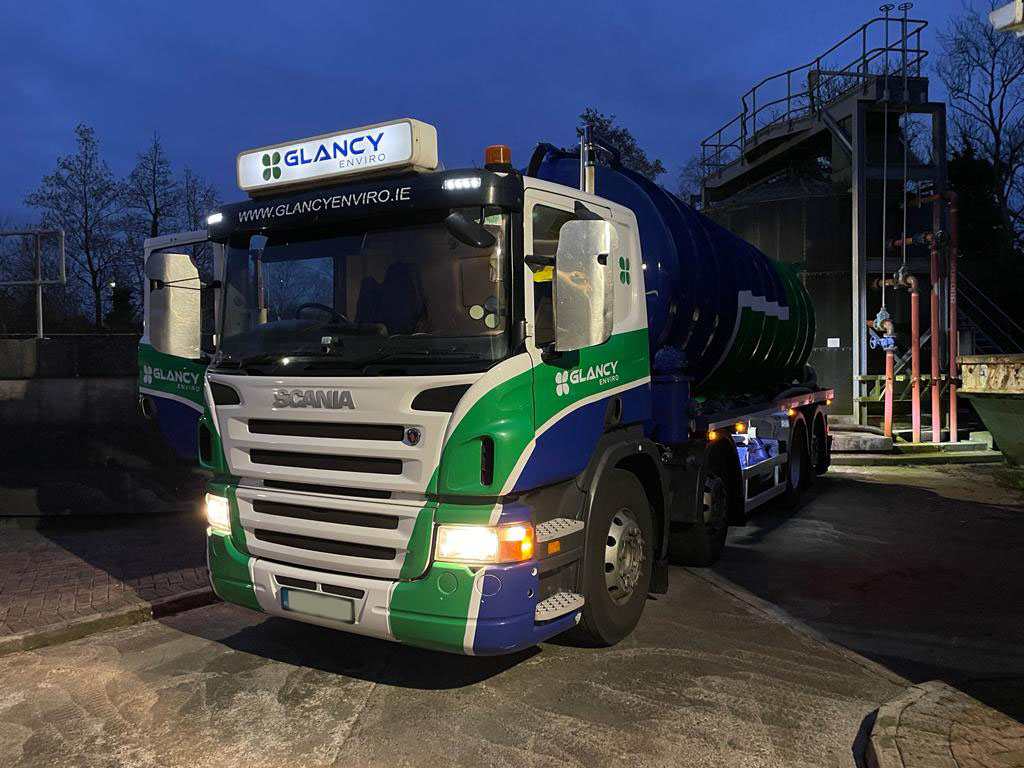Fascination About Reclaim Waste
Fascination About Reclaim Waste
Blog Article
6 Easy Facts About Reclaim Waste Described
Table of ContentsFascination About Reclaim WasteThe Single Strategy To Use For Reclaim WasteThe Single Strategy To Use For Reclaim WasteA Biased View of Reclaim WasteSome Of Reclaim Waste
Check out the types, events, and kinds of fluid waste. Domestic sewage waste refers to the waste and products from a household sewage-disposal tank. This sort of waste is produced by people in houses, schools, and various other buildings. This only includes septic tanks that have a drain area. The proper management and disposal of residential sewer waste call for liquid waste to be transferred to a sewage treatment plant where the appropriate approaches and tools are put on cleanse and take care of waste.
Industrial waste typically includes possible dangers, such as combustible products or a mix of fluid and strong waste items, and calls for an extra innovative and detailed disposal procedure. The disposal of commercial waste generally involves the purification of waste prior to transportation to make sure safe and proper disposal. Industrial waste is created from byproducts and overflow of commercial procedures and production.
This type of waste can not make use of the same sewer administration transportation or processes as septic or commercial liquids. The hazardous waste management process requires the evaluation and screening of fluid waste before it undergoes the disposal process (liquid waste removal). Overflow waste is the liquid waste that originates from drainage and excess stormwater in highly booming locations or cities
Runoff waste can create contamination and flooding if not managed effectively. Ensuring proper waste administration can stop calamities and minimize ecological injury.
Things about Reclaim Waste
Contact PROS Providers today to find out about our waste administration and disposal solutions and the appropriate ways to care for the liquid waste you generate.
(https://telegra.ph/Expert-Liquid-Waste-Disposal-and-Removal-Services-in-Melbourne-11-12)Do you know what happens to your water when you disengage, flush the toilet or drain the washing maker? No? Well, it's worth understanding. This supposed 'wastewater' is not just an important source however, after therapy, will certainly be released to our land, waterways or the sea. Used water from bathrooms, showers, baths, kitchen area sinks, washings and commercial procedures is called wastewater.

water utilized to cool down equipment or clean plant and equipment). Stormwater, a type of wastewater, is overflow that streams from farming and urban areas such as roofing systems, parks, yards, roads, courses and seamless gutters right into stormwater drains pipes, after rain. Stormwater moves untreated straight to neighborhood creeks or rivers, at some point getting to the ocean.
All About Reclaim Waste
In Queensland, a lot click here to find out more of wastewater is treated at sewer therapy plants. Wastewater is carried from residential or industrial sites with a system of drains and pump terminals, understood as sewage reticulation, to a sewer therapy plant.
The Division of Natural Resources encourages local federal governments about handling, operating and keeping sewage systems and therapy plants. In unsewered locations, city governments may call for owners to set up private or house sewer treatment systems to deal with domestic wastewater from toilets, cooking areas, restrooms and washings. The Department of Natural Resources authorises using house systems when they are confirmed to be effective.
A lot of stormwater receives no therapy. In some new neighborhoods, therapy of some stormwater to get rid of trash, sand and gravel has begun utilizing gross pollutant traps. Wastewater treatment happens in four phases: Eliminates solid issue. Bigger solids, such as plastics and other things mistakenly discharged to sewage systems, are gotten rid of when wastewater is travelled through screens.
Wastewater after that flows into huge storage tanks where solids clear up and are removed as sludge. Grease and scum are skimmed from the surface area. Makes use of small living microorganisms called micro-organisms to break down and remove staying liquified wastes and fine fragments. Micro-organisms and wastes are incorporated in the sludge. Removes nitrogen and phosphorus nutrients that could create algal flowers in our waterways and intimidate marine life.
Reclaim Waste Fundamentals Explained
Nutrient removal is not available in any way sewer therapy plants because it needs pricey specialised tools. It is ending up being extra usual in Queensland. Clear liquid effluent produced after treatment might still include disease-causing micro-organisms. If this effluent is launched right into waterways such as rivers or the sea, the micro-organisms will ultimately die out.

This usually means wastewater needs to be treated or contaminants gotten rid of before it can be released to rivers. Most wastewater moves into the sewage system. Under the Act, local governments carry out approvals and permits for ecologically pertinent activities (Periods) including wastewater launches that may have a neighborhood impact. The department carries out authorizations and licences to Periods including wastewater releases that might have a regional or statewide effect.
The 2-Minute Rule for Reclaim Waste
Monitoring supplies valid information concerning water high quality and can confirm that permit problems are being satisfied. The information gotten with surveillance offers the basis for making water top quality decisions.
Report this page